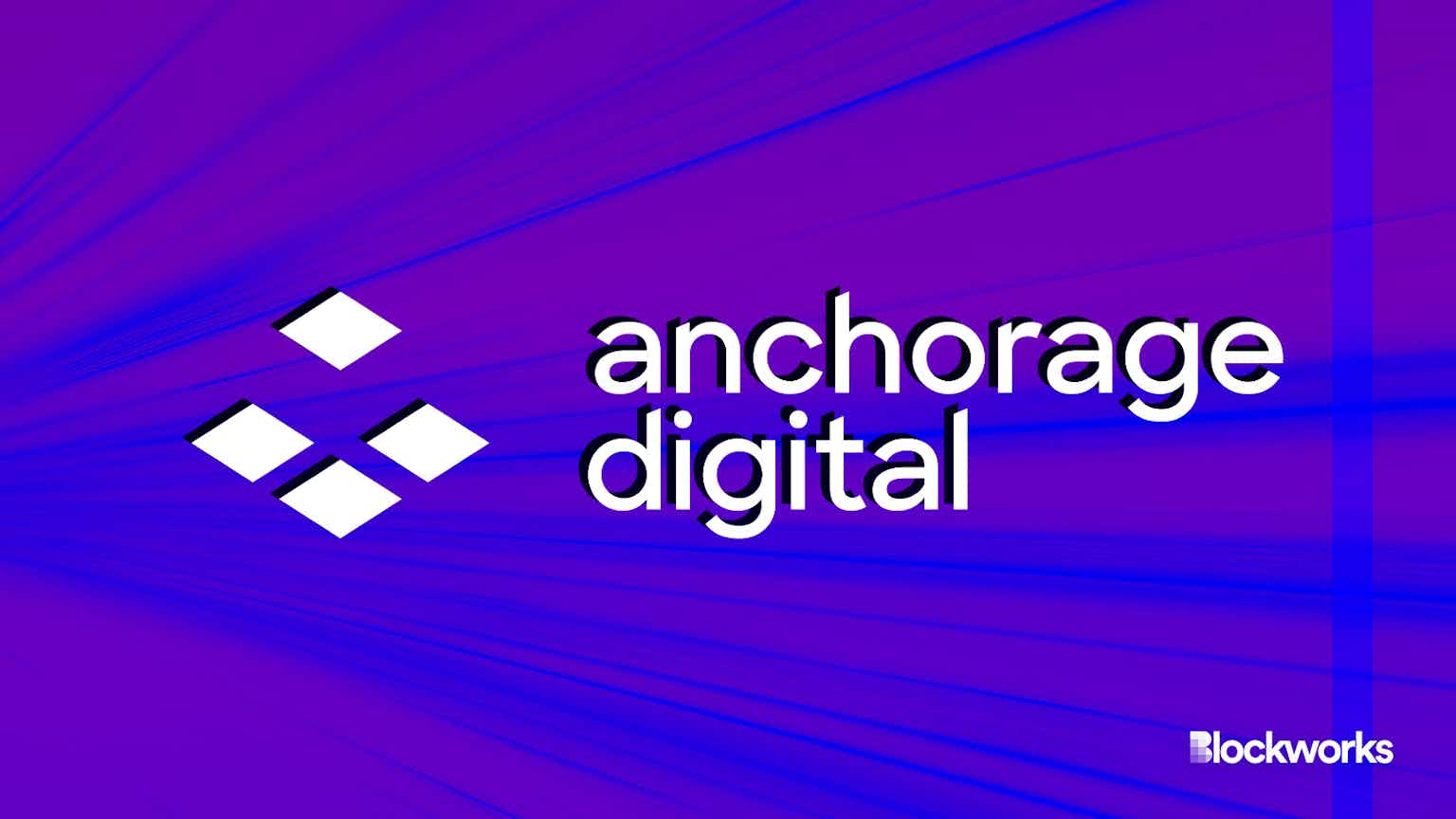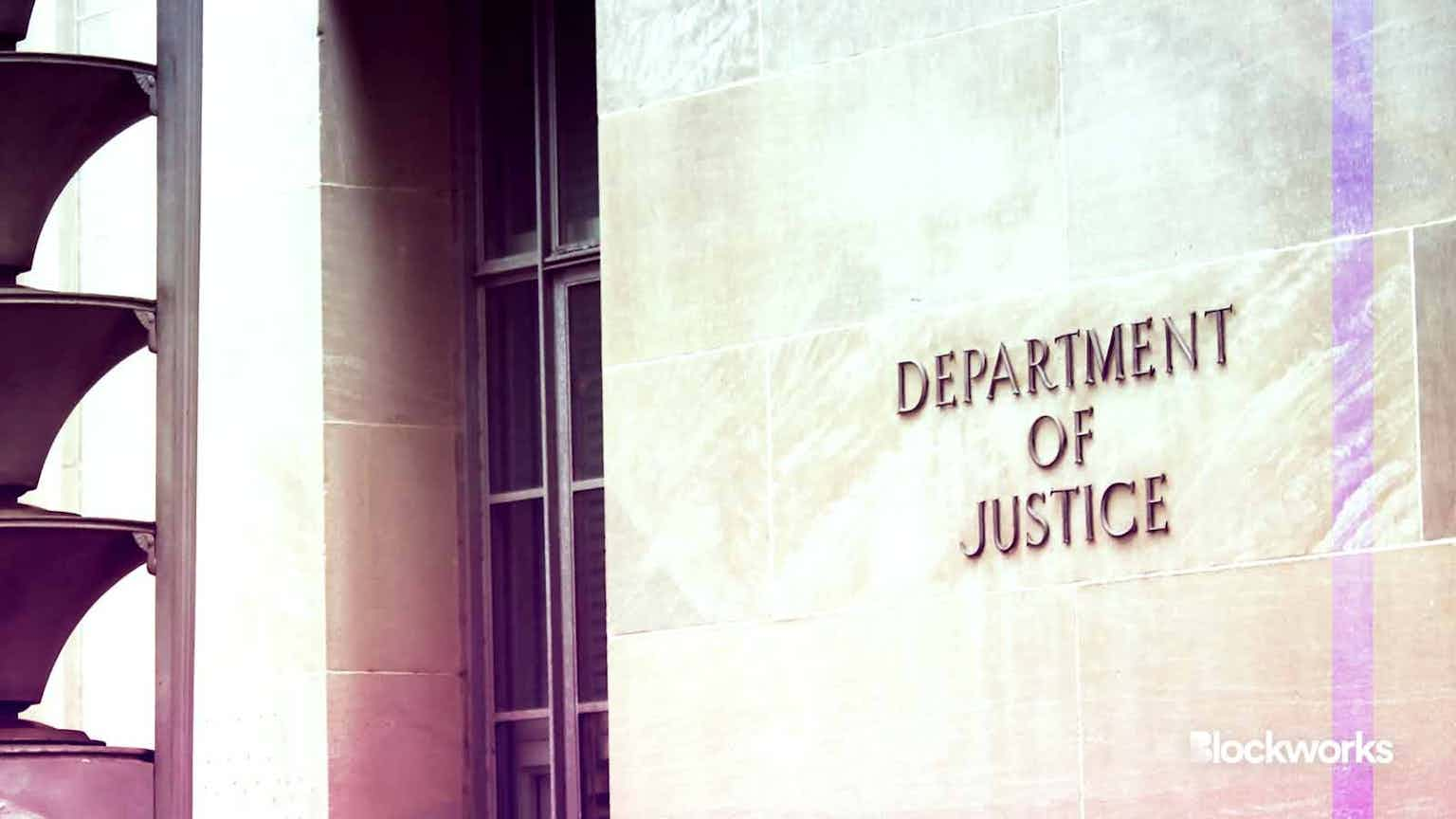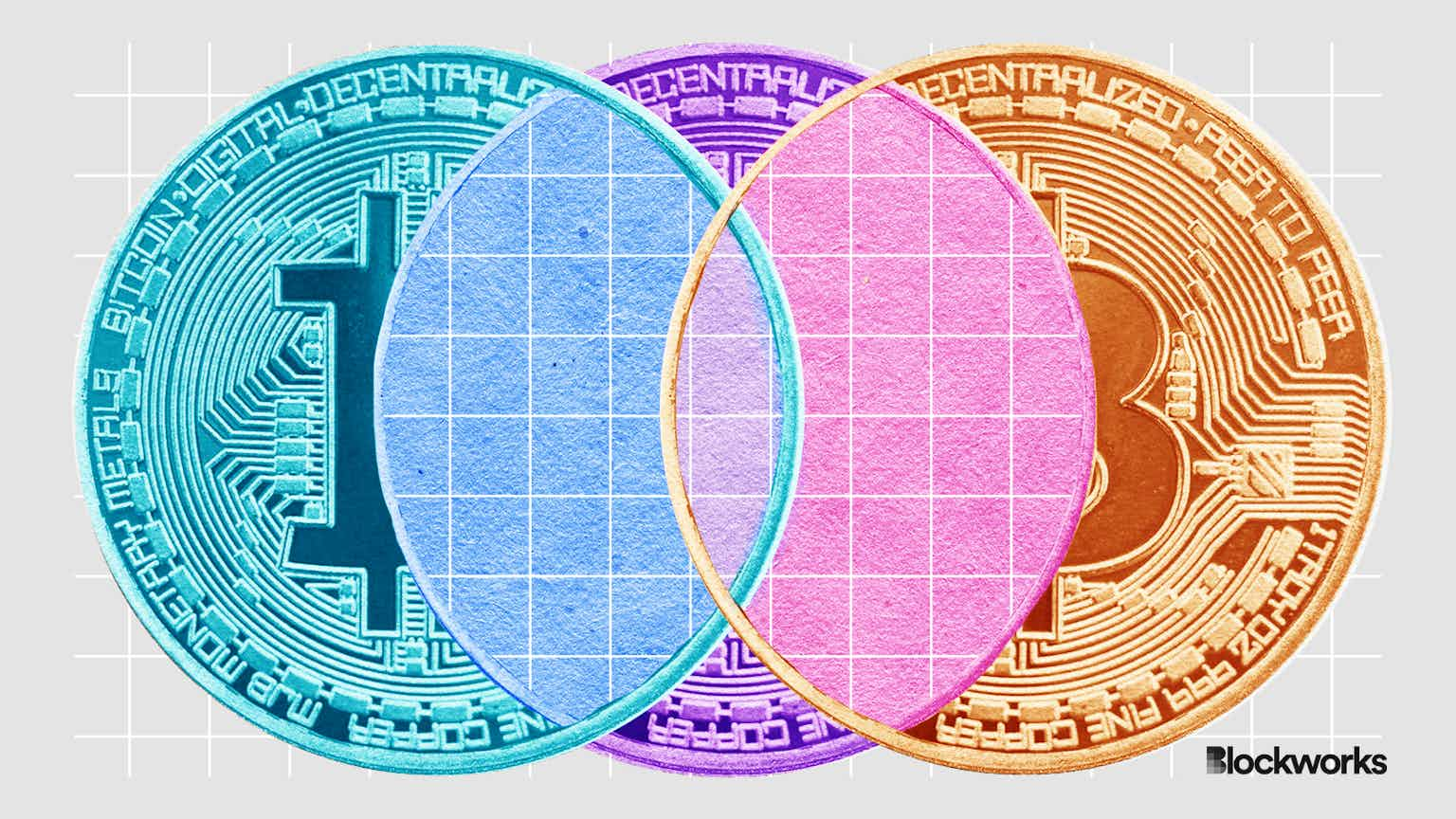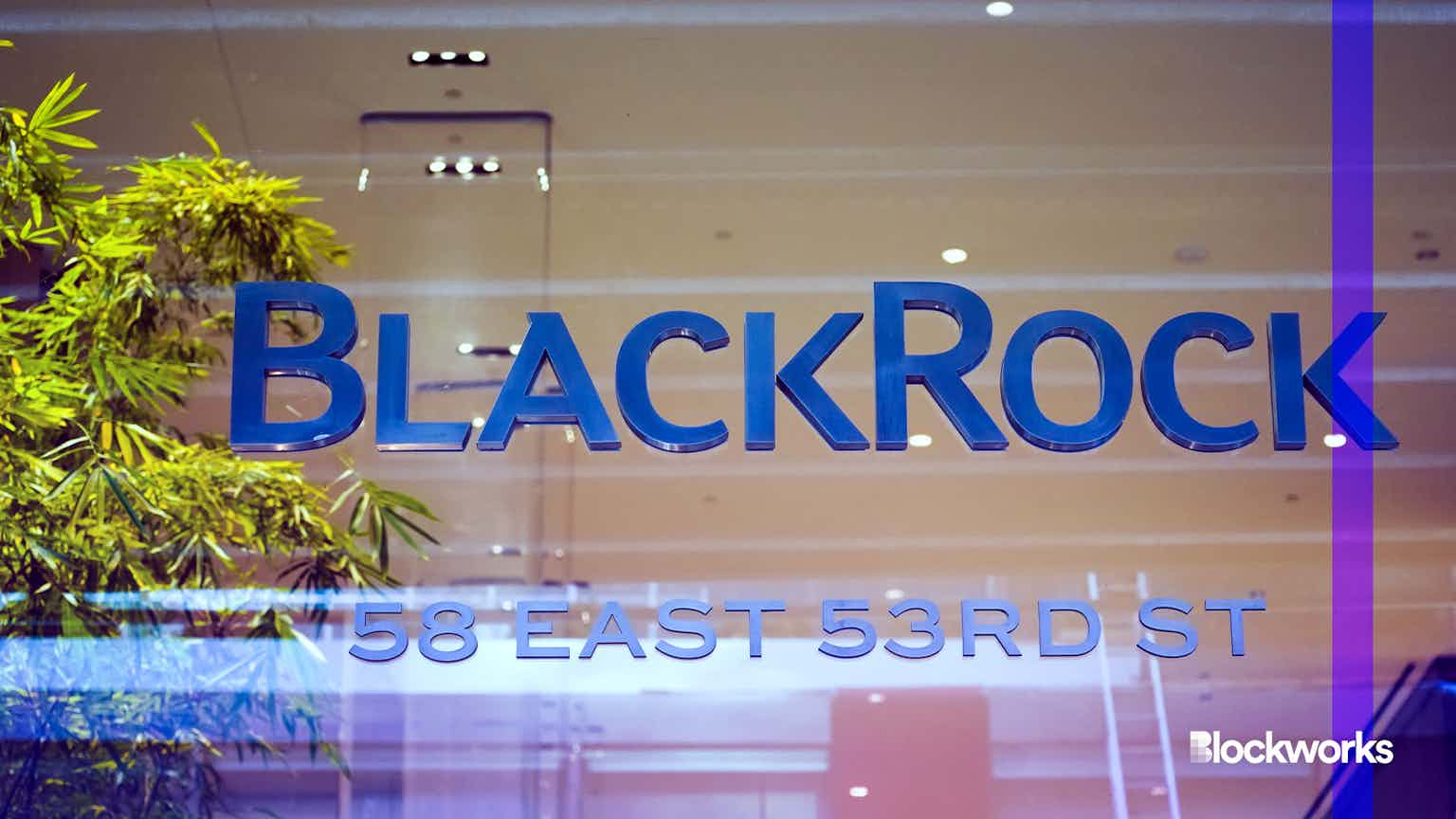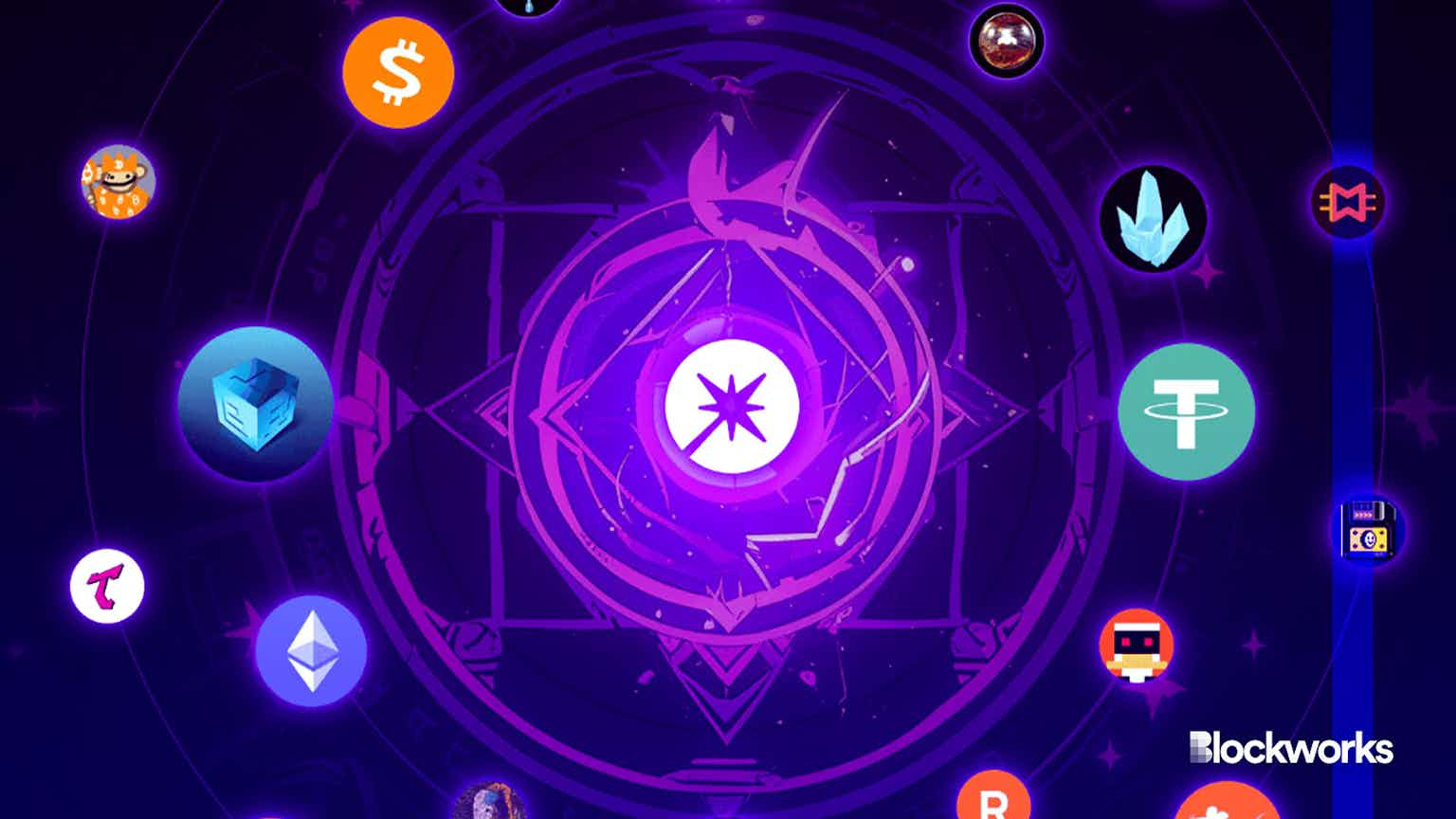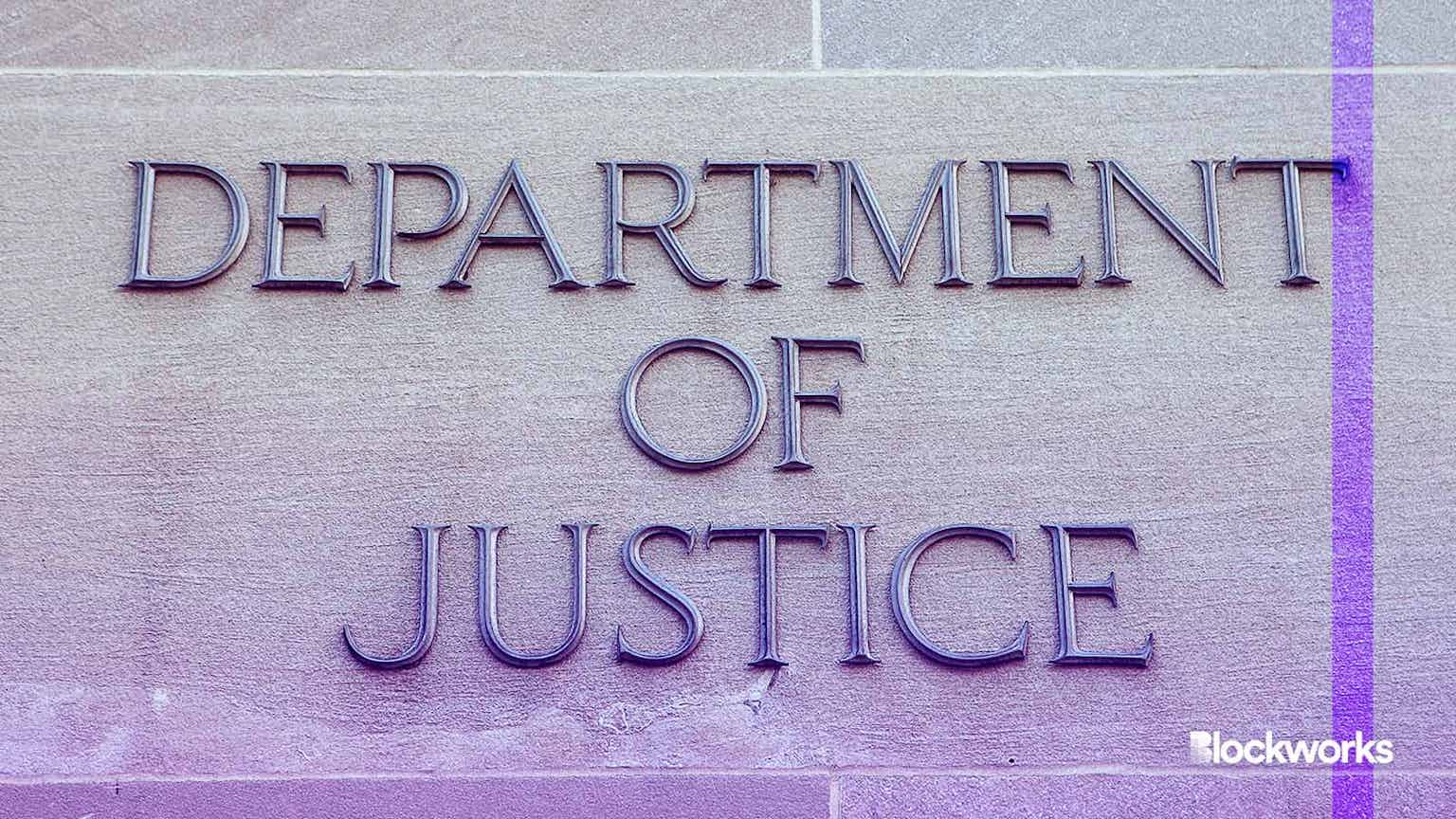Solana Lending Protocol Faces Governance Conundrum
Solend, a Solana-based lending protocol, may implement special margin requirements for one user
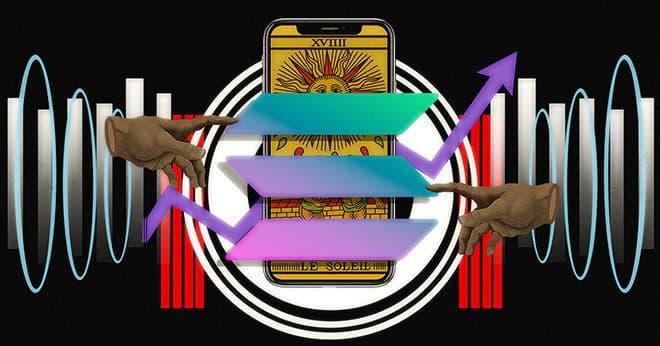
Blockworks exclusive art by Axel Rangel
key takeaways
- Solend Labs ponders emergency powers, in challenge for decentralized governance ideal
- Should the price of SOL have dropped below $22.30 before a vote was made, chaos would have ensued Solend Labs said in a post
Users of the Solana-based lending and borrowing protocol Solend granted emergency power to the platform’s steward in order to mitigate liquidation risks presented by Solend’s biggest bagholder.
Those powers, gifted via the Solend-based decentralized autonomous organization’s (DAO) first governance proposal, allow Solend Labs to take over the whale’s account in order to execute an over-the-counter trade should the price of Solana’s native token SOL drop below $22.30.
But, after public outcry, a second signalling proposal sought to walk back the first.
The first proposal gave developers a green light to implement special margin requirements for large whales borrowing more than 20% from the protocol’s primary pool, with a 35% liquidation threshold now in place.
More than 1.15 million votes were cast in favor of authorizing the special powers or roughly 97.5%, versus 30,101 against (2.5%). However, a single account, representing 1% of the total users participating, cast more than 1 million votes in the affirmative, Solana-based Realms data shows, revealing a stark centralization in the decision-making process.
The whale account in question presents a systemic risk to the protocol, Solana’s network and its users, due to the account holding “an extremely large margin position” close to liquidation, Solend said in a post ahead of the vote on Sunday.
After repeated attempts to contact the whale, Solend said it was put to a vote to take premptive action over the account. The move raises questions regarding the principles and spirit of decentralized finance, which aims to remove middlemen and empower financial self-sovereignty.
Roughly $108 million worth of USDC and USDT is being borrowed by the whale, against $170 million worth of SOL deposited as collateral in the protocol’s main pool. That represents roughly 88% of USDC borrows and 95% of SOL deposits for the lending platform.
Should the price of SOL drop below $22.30 the whale’s account could be liquidated for up to 20% of their borrowings, estimated to be worth $21 million, Solend said. SOL was last seen changing hands for around $32.60 after bouncing from a 24-hour low of $29, Blockworks Research data shows.
“It’d be difficult for the market to absorb such an impact since liquidators generally market sell on DEXes,” Solend said in its post. “In the worst case, Solend could end up with bad debt. This could cause chaos, putting a strain on the Solana network.”
Following concerns about the potential risk, users have begun withdrawing assets en masse, forcing USDC and USDT utilization in the protocol’s primary pool to spike to 100%, Solend confirmed in its post. The result leaves remaining depositors unable to withdraw. What’s worse, any positions collateralized by deposits of the two stablecoins are unable to be liquidated.
“Letting a liquidation of this size to happen on-chain is extremely risky. DEX liquidity isn’t deep enough to handle a sale of this size and could cause cascading effects,” Solend said.
The governance move has roiled DeFi proponents, who see it as a tacit admission that not only Solend’s design choices failed, but the Solana Ventures-backed protocol is centralized — a DAO in name only.
It’s unclear what the next steps are following the second vaguely-worded proposal meant to placate critics of the first. The proposal, which was approved by a similarly overwhelming majority of SLND — the protocol’s governance token — ostensibly “invalidates” the first, and lengthens the duration of governance votes from a comically short six hours to a full day.
The team also pledges to “work on a new proposal that does not involve emergency powers to take over an account.”
The conundrum marks another headache for the budding Solana ecosystem, whose network has experienced several outages this year, shaking faith in the stability and resiliency to maintain consistent uptime in the face of intense market activity.
Solana has a history of downtime caused specifically by on-chain liquidations, though this instance represents a 100 times greater impact to the network and ecosystem, Solend tweeted Sunday.
“It’s extremely risky for everyone involved.”
Fears of market contagion continue to plague the confidence and resolve of the crypto market which is still reeling from the aftereffects of Luna’s implosion in May and lender Celsius halting withdrawals and transfers a week ago.
Start your day with top crypto insights from David Canellis and Katherine Ross. Subscribe to the Empire newsletter.
